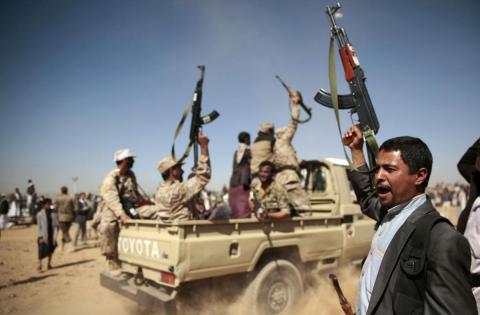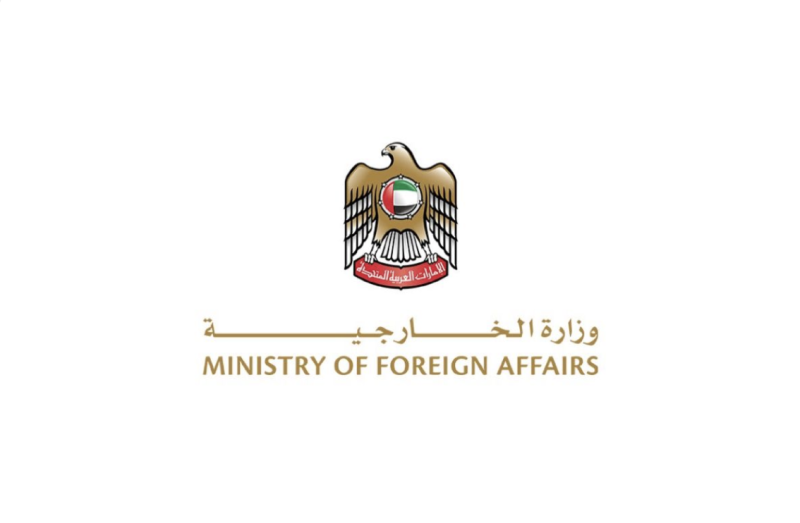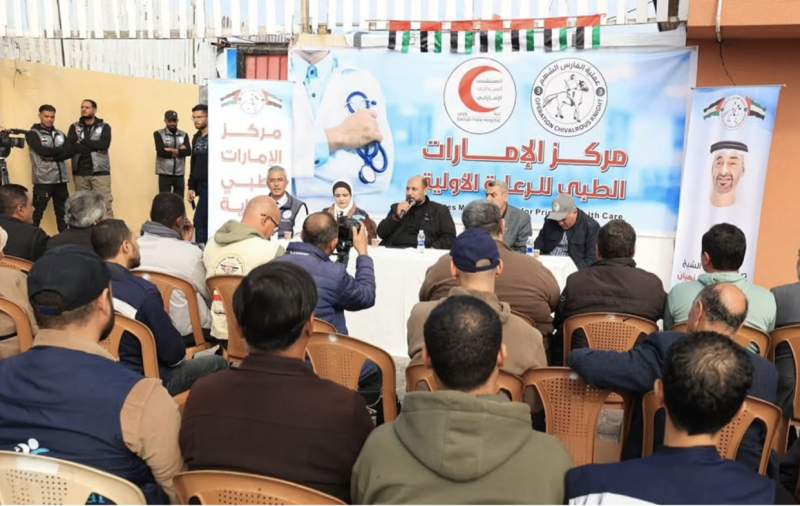THE FANTASTIC DISASTER OF THE ARABIA FELIX , THAT CALLED NOW YEMEN


Photo: Shibam old city in Hadramout east of Yemen
Talk about disasters. The first modern European expedition to the Arabian Peninsula, sponsored by the King of Denmark in 1761, was a bungle of mismatched egos and wretched conditions. Thorkild Hansen’s Arabia Felix: The Danish Expedition of 1761-1767, first published in 1962 in a translation by James McFarlane and Kathleen McFarlane and now back in print, tells the ill-fated tale of this journey east with novelistic aplomb.
Would the tides of the Red Sea help explain Moses’ parting of the same? Where were these places, exactly, on the map? The Age of Enlightenment demanded manuscripts: transcriptions of hieroglyphs; plans and pictures of archeological sites; plant and animal specimens; commentary about the cultural habits and the relations between men and women; the expedition’s list of tasks went on.
Of the team of six who set out, only one, the surveyor Carsten Niebuhr, made it back alive. But by then, the expedition, which left with much fanfare and scientific anticipation about what they would discover in the Biblical lands and beyond, was largely forgotten. The new king Niebuhr found on his return had other interests. Much of the material collected on the expedition had been lost, stolen, or allowed to rot once it got back to Copenhagen. Of the biological specimens, only the plant specimens survived; in fact, they are are still consulted, as F. Nigel Hepper explains.
The group had no appointed leader. The antipathy between members Von Haven and Forsskal was close to violent. And when Von Haven, a combustible mixture of martinet and slacker, purchased enough arsenic to kill a platoon, the other five grew deeply paranoid. The weather (storms in the north, heat in the south), the less than welcoming receptions they received, and malaria all combined to doom the mission.
Hansen’s history of this deadly trip might now best be read as a management case study in how not to put together a team. It’s also a cautionary tale of discovery, imperialism, science, and culture clash, a foundational European misadventure in the Middle East.
Why did they go in the first place? So much gets projected onto unknown lands. One of the purposes of the Danish expedition was to figure out why exactly the Greeks and Romans had labeled the Arabian Peninsula Arabia Felix (“Happy Arabia”) in the first place. Jan Retsö explores this, too, and traces the way the name was eventually mapped onto a corner of the peninsula now called Yemen.
Retsö says that the “mythologizing of Yemen” began in antiquity. Originally, the “happy land” appellation was akin to the end of a rainbow, a kind of utopia, an abode of the gods—or at least the Queen of Sheba. Then it signified a place of good soils and water supply, two vital keys to happiness in a desert setting. Additionally, the region was a source of frankincense and myrrh. These plant resins were traded for use in incense, perfume, and medicine for thousands of years, so happy was the place that produced them (an argument coffee-drinkers might also make).
Some of this geographic projection may have been result of the simple fact of translation. “Yemen” means the right hand side, or the south. The region was simply South Arabia, but the connotations of the right side in the Arabic world suggested fortune, felicity, and beneficence. The members of the Danish Arabia Felix expedition finally found some of that felicity in Sana, the capital of Yemen, where they were made much more welcome than elsewhere. But they also all caught what they naively called “colds” (malaria) which killed most of them.
Niebuhr suffered from malaria, too. He made it as far as Bombay, then returned to Denmark via Persia, Anatolia, and eastern Europe. After all those years of adventure, he took an obscure clerical post on the fringes of Denmark when he could have demanded much more. There, Hansen suggests, Niebuhr found his Arabia felix, or true happiness, at last. The fraught and unequal relationship between Europeans and Arabs and others in the Middle East, meanwhile, was only just beginning. Daily.j.stor.org

Abu Dhabi -- His Highness Sheikh Abdullah bin Zayed Al Nahyan, Deputy Prime Minister and Minister of Foreign Affairs, has welcomed the statements b…

Abu Dhabi -- The UAE’s humanitarian Operation Chivalrous Knight 3 continues to implement urgent relief interventions in the Gaza Strip in res…

Abu Dhabi -- The UAE has inaugurated the Emirates Medical Centre in Khan Younis, south of the Gaza Strip, as part of the Operation Chivalrous Knigh…